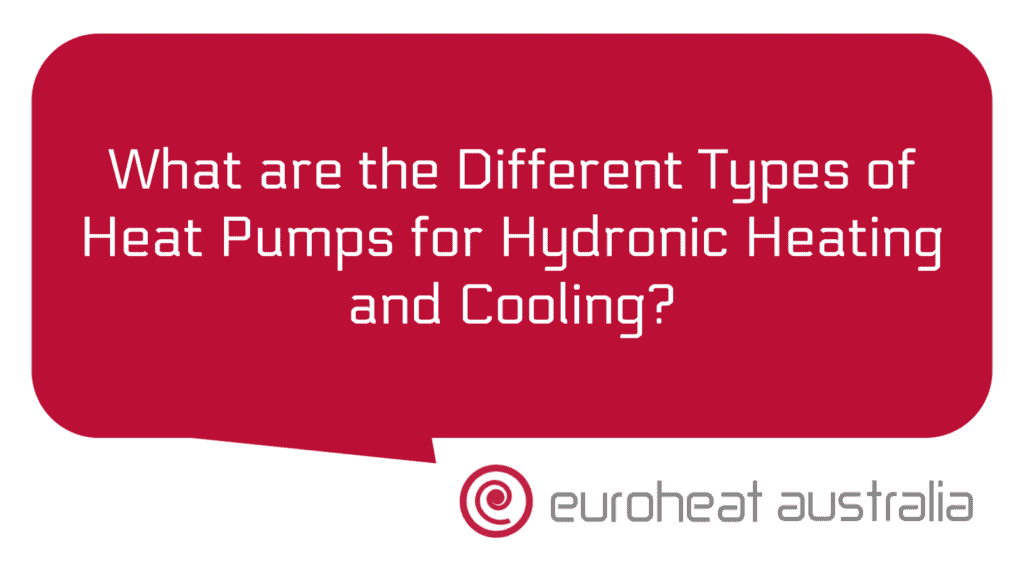If you’re looking to install a hydronic heating or cooling system in your home, the type of heat pump you choose is an important decision. Heat pumps are the most efficient way to create a comfortable living environment in any home. They’re also the most cost-effective way to reduce energy costs and reduce your carbon footprint.
Heat pumps use the natural heat from the air, ground or water to heat or cool your home, depending on the season. Different types of heat pumps are used for different applications and climates, so it’s important to choose the right type of heat pump for your home.
In this article, we’ll take a look at three common types of heat pumps used in hydronic heating and cooling systems: air source, geothermal and water source. We’ll also discuss their benefits and how they can help save you money.
Air Source Heat Pumps (ASHPs)
Air source heat pumps work by extracting warm air from outside your home and transferring it into your living space to create a comfortable temperature inside. They are an ideal choice for cooler climates as they can extract warmth even when temperatures outside are low. ASHPs can reduce energy costs significantly compared to traditional heating systems as they use up to 50% less energy than gas boilers or electric space heaters when providing equal amounts of warmth.
Geothermal Heat Pumps (GHPs)
Geothermal heat pumps work by utilising stored thermal energy from beneath the ground surface. This stored energy is transferred through a series of pipes underground which then enter into your home and distribute warm air throughout your living space during winter months, while cooling it down during summer months. GHPs are particularly beneficial in warmer climates as they can extract warmth even when outdoor temperatures are high, making them one of the most efficient ways to create a comfortable living environment all year round – saving you money on energy costs compared to traditional heating systems like gas boilers or electric space heaters.
Water Source Heat Pumps (WSHPs)
Water source heat pumps work by utilising stored thermal energy from beneath water sources such as rivers, lakes or man-made reservoirs. This stored energy is then transferred through a series of pipes which enter into your home and distribute warm air throughout your living space during winter months while cooling it down during summer months – creating a comfortable temperature all year round without using large amounts of electricity like other traditional heating systems do. WSHPs are particularly beneficial in areas with access to large bodies of water as they have one of the highest COP (coefficient of performance) ratings available for hydronic heating systems – meaning you’ll be able to save more money on energy costs compared to other traditional heating systems like electric space heaters and gas boilers over time..
The Benefits Of Hydronic Heating & Cooling Systems
Hydronic heating & cooling systems offer numerous benefits over traditional heating & cooling technologies, including: improved comfort levels; reduced running costs; improved indoor air quality; reduced noise levels; enhanced safety features; improved building insulation levels; reduced maintenance requirements; increased life expectancy; improved environmental sustainability; and simplified installation processes – just to name a few! All these benefits come together to create an efficient system that not only saves you money but also reduces workloads over time – something that any homeowner would appreciate!
If you’re looking for expert design & installation services for hydronic heating & cooling systems in Perth – look no further than Euroheat Australia! With 30 years of experience designing & constructing hydronic heating & cooling solutions – Euroheat Australia have got you covered! Not only do they provide expertise on design but also provide ongoing support post-installation – ensuring that you get the best value out of every installation project! So if you want reliable service with experienced technicians – contact Euroheat Australia today!





